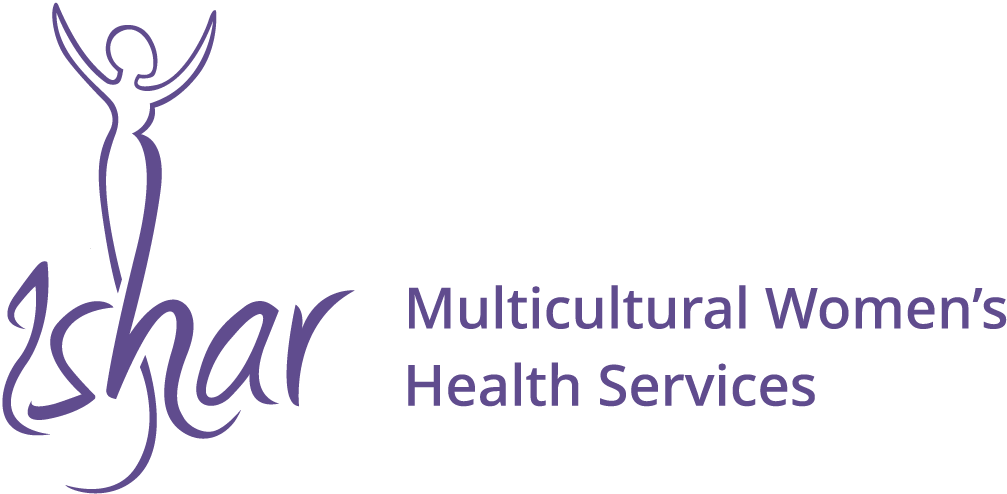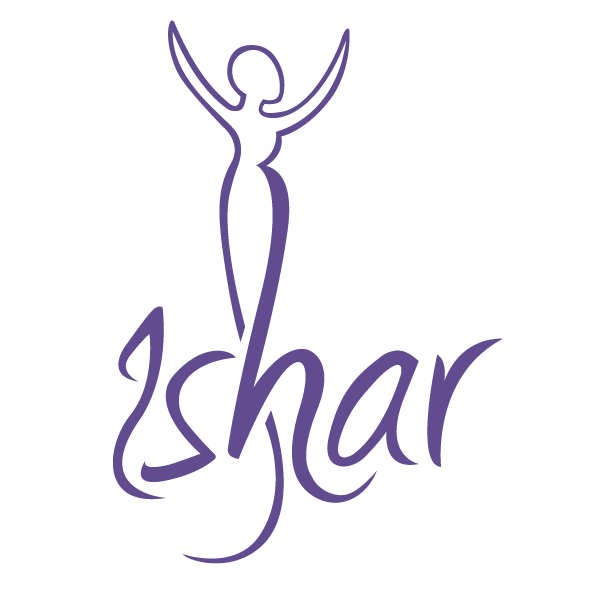Publications
Healthy Minds, Healthy Bodies, Happy Hearts
Empowering Young Refugee and Migrant Women to Have Safe and Respectful Relationships
Your Money & Financial Well-Being
The “Your Money & Financial Wellbeing” booklet is a part of the ongoing “Financial Literacy and Its Relationship to Health and Wellbeing Project”, funded by the Office of Multicultural Interests. The booklet is available in print and electronic form in English, Arabic, Farsi, and Vietnamese to facilitate wider access to this important information.
Let's Talk Culture! Living in a Pandemic Webinar
Let’s Talk Culture seminar series aim to assist professionals to work in a culturally responsive way with clients from culturally and linguistically diverse (CaLD) backgrounds, especially in mental health. This is a recording of a live webinar recorded on 22 July 2020.
Women’s Cardiovascular Disease – Let’s get to the heart of the matter
Women by nature are altruistic creatures, we put everyone and everything above ourselves even if it jeopardises our own health. More than 20 women die of heart disease every day.
Homelessness: The Invisible Epidemic
Migrant and CaLD women are stigmatised and sometimes ostracised for leaving violent relationships. They are accused of breaking up families and bringing “shame” to their families back home and hence they are more reluctant to seek help. These women also rely solely on their partners for their financial and everyday needs which further deters them from reaching out. Additionally, CaLD women usually lack the language skills and knowledge to navigate through the often complex and bureaucratic housing and legal systems.
Laugh Without Leaking
Urinary incontinence is not usually a talking point over dinner or a conversation starter at a party! This leaves people suffering in silence, and stops them from enjoying exercise, activities, and living life to the full. It can be very distressing and leave a major emotional effect on the sufferer. Many women believe it is normal and permanent to have incontinence but this is not correct! It is a condition which can be treated, managed or even cured.
Education: Empowerment for Women
Globally, 65 million girls are not in school. 17 million girls of primary school age will probably never attend school in their lifetimes. One third of girls in the developing world are married before the age of 18, and 1 in 9 are married before the age of 15. According to the United Nations, undereducated women are also most vulnerable to trafficking, abuse, and unplanned pregnancies.








